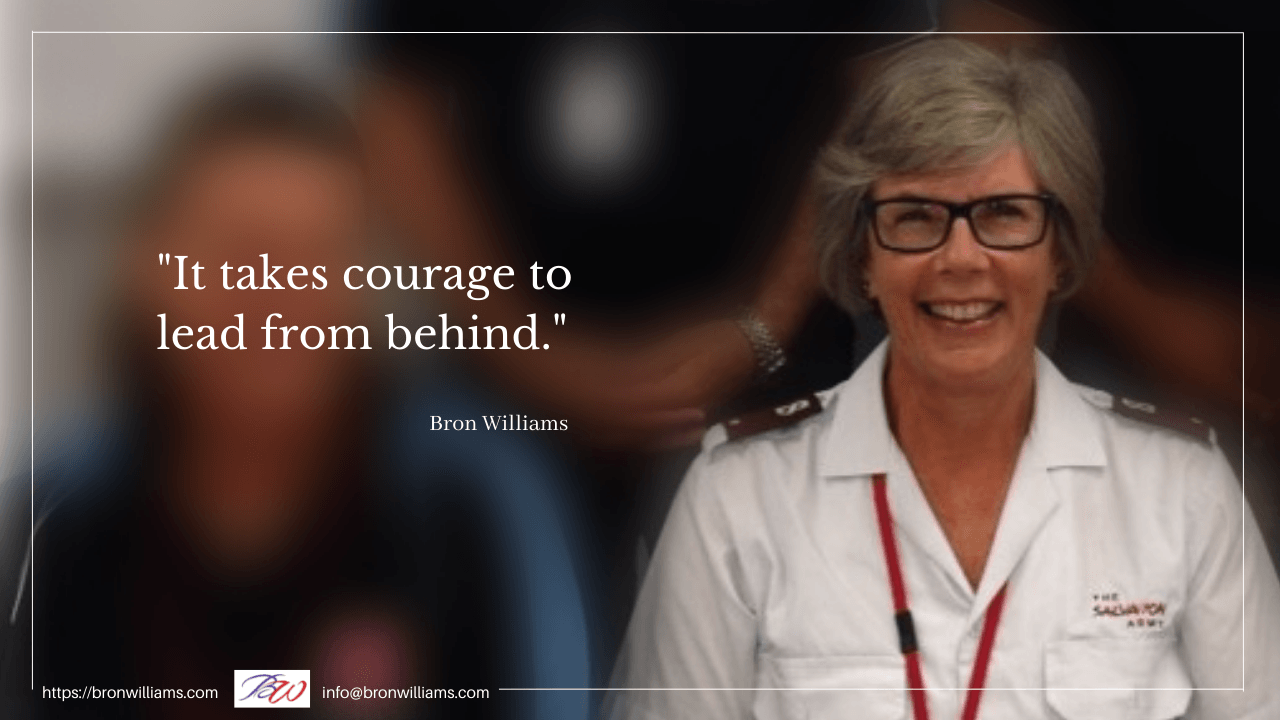The Salvo team on Nauru was going through a restructure in early 2013. It had been about 8 months since the reopening of the offshore processing centre on Nauru and The Salvation Army had approached the Australian Federal Government about providing welfare services to the asylum seekers both there and on Manus Island in Papua New Guinea.
By June 2013, I’d made two trips to Nauru, had requested a permanent change of appointment, and been assigned as Religious Liaison Officer on a FIFO basis – 4 weeks on island, 2 weeks at home. On paper, this role held the same weight as the head of operations. But that’s not how it worked out in practice.
Within The Salvation Army officers, such as myself, were held in high regard and had the main leadership roles. But on Nauru the vast majority of the Salvo team, including in leadership, had little connection with Salvo ethos and purpose other than what was requisite for fulfilling their roles. This meant that my position as a leader was not recognised and, because my role had no counterpart in any of the other service providers, I was seen as an oddity to be accepted but not to be followed or listened to in terms of leadership input.
But I was still a leader. I just had to find another way to do it.
So…I learnt to lead from behind.
I led quietly by providing inspirational input to morning staff meetings.
I led by sitting quietly with people, listening to their concerns – both staff and asylum seekers.
I also led by speaking quietly to those who needed to have some difficult aspects of their behaviour addressed.
I led quietly by going into bat for the asylum seekers to ensure that they had their religious needs met (one way of maintaining their mental health) – ordering and distributing prayer mats and Qurans for the Muslims, getting wooden shrines built for the Buddhists, making sure the Hindus had flowers (plastic when we couldn’t get fresh), sourcing Avesta material for a Zoroastrian, handing out rosaries to the Catholics, running Bible studies for a group of men who spoke Tamil, Arabic, Persian and French, and facilitating visits by church leaders for weekly services.
And I led by maintaining a dignified quietness (but not silence) when my work was undermined, when the team was white-anted, and when other service providers stuck the knife in as the Salvo contract ended.
It’s not easy when your leadership is not acknowledged when it has every right to be.
But leadership is not dependent on position.
It takes courage to lead from behind.
